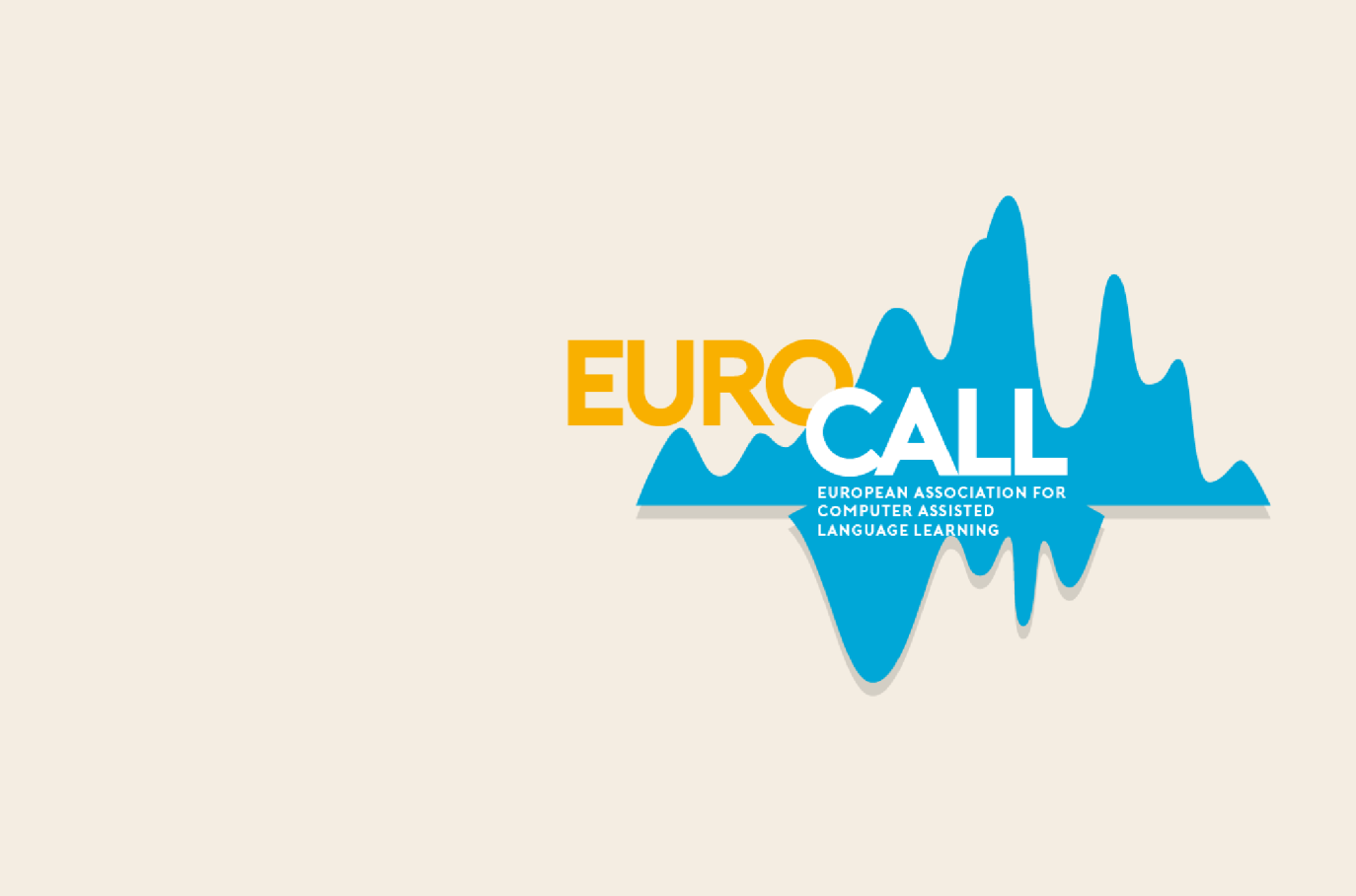The 2023 EUROCALL conference was held for the second year in a row in Reykjavik on the 15th-18th of August 2023 but this time, after three years of online conferencing, as an in person event hosted by the VIC – Vigdís International Centre, the Vigdís Finnbogadóttir Institute for Foreign Languages at the University of Iceland, and the Árni Magnússon Institute for Icelandic Studies. The conference programme included one full workshop day followed by a three-day agenda with multiple parallel sessions. The focus of this year’s EUROCALL conference was on inclusiveness of all languages, which was also reflected in the main conference theme, CALL for all languages. The conference theme was central to all co hosting institutes, particularly, however, the Vigdís International Centre – VIC, whose research and activities focus on the promotion, preservation, awareness, and support in education and research of foreign languages and cultures. The Centre works under the auspices of UNESCO and actively participates in the United Nations International Decade of Indigenous Languages (2022 to 2023). The role of the Árni Magnússon Institute for Icelandic Studies is to conduct research in the field of Icelandic studies and related scholarly disciplines, in particular Icelandic language and literature, and among other activities also to disseminate knowledge in these research fields. As such, the conference theme was dedicated to indigenous, endangered, and less commonly spoken languages in the Nordic Region, Europe, and the rest of the world, and welcomed submissions related both to the main conference theme as well as to other themes related to language technologies in CALL.
This volume was edited by Branislav Bédi, Yazdan Choubsaz, Kolbrún Friðriksdóttir, Ana Gimeno-Sanz, Súsanna Björg Vilhjálmsdóttir and Sofiya Zahova, and includes 55 selected short papers delivered at the EUROCALL 2023 Conference. It offers a combination of research studies and theoretical perspectives organized into 14 thematic strands.
The papers can be found at the Universitat Politècnica de Valencia’s Open Conference System here.

